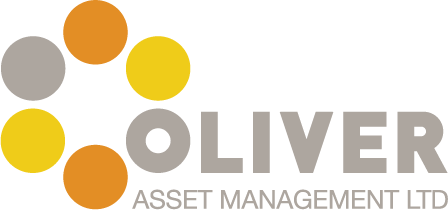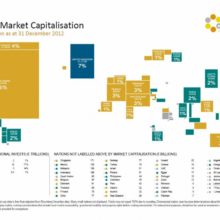Brexit – What does it mean for my investments?
Following last week’s EU Referendum vote, there is a high level of uncertainty over what this will mean for the country on many levels.
To attempt to calm market fears, there have been statements made from the Governor of the Bank of England, Mark Carney and this morning from George Osbourne.
At this time there is no clear understanding what leaving the EU will mean for investing in short term, but I believe that the long term nature of our investment philosophy and approach would recommend that although these are uncharted waters, staying in your investment seat at this time is the correct approach.
I work closely with Dimensional Fund Advisers and I share an extract from their newsletter which
better puts in to context our current situation:
“Dimensional has nearly 35 years of experience managing portfolios, including during periods of uncertainty and heightened volatility. We monitor market events—including their impact on trading and trade settlement—very closely and consider the implications of new information as it comes to light. We are paying close attention to market mechanisms and they appear to be functioning well. Our investment philosophy and process have withstood many trying times and we remain committed.
We urge caution in allowing market movements to impact long-term asset allocation. Long-term investors recognize that risks and uncertainty are ever present in markets. A drop in prices is generally due to lower expectations of cash flows, higher discount rates, or both. In some cases, a drop is also due to investors demanding liquidity. In the current situation, some investors and economists may expect lower cash flows due to possible trade barriers that may not be implemented. Higher discount rates may be occurring due to uncertainty about changes in the economic landscape and regulations. We have seen markets increase discount rates in times of uncertainty before, resulting in lower prices and increased expected returns. However, it is difficult to know when good outcomes will materialize in the future. By attempting to time the right moment to invest or redeem, one risks not enjoying the potential benefits of such materialisations. Many of those who exit the markets miss the recoveries. What we have often seen in the past is that investors who remained in well-diversified portfolios were rewarded over time.”
I appreciate you will have questions as to how this event may impact your own financial situation and I’d be happy to hear from you at anytime to discuss this further.
Please either phone me or email to get in touch.
We will provide further information as and when things become more clear.
Roland Oliver





 We can enter in information such as your incomes, expenses, assets and liabilities and model forward projections, such as those seen on the right.
We can enter in information such as your incomes, expenses, assets and liabilities and model forward projections, such as those seen on the right. Combining this with expert advice that guides you through an all encompassing view of your current circumstances, maybe you can generate some of your own luck.
Combining this with expert advice that guides you through an all encompassing view of your current circumstances, maybe you can generate some of your own luck.
 Our job is then to become custodian of the wealth, provide sensible investment strategies and use the tax advantages of various “wrappers” to keep the clients in the style to which they’d like to become accustomed!
Our job is then to become custodian of the wealth, provide sensible investment strategies and use the tax advantages of various “wrappers” to keep the clients in the style to which they’d like to become accustomed!